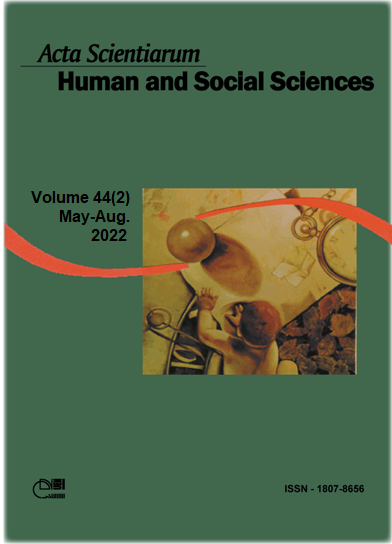Behavioral economics in evidence: the use of nudges in the policy of children and drugs
Abstract
The research aims to analyze the application of nudges in two public policies implemented in the state of Alagoas: the policy for children and adolescents and on drugs. From a behavioural perspective, we used a documental analysis of the work plans that govern the execution of the project as well as of the legal documents that regulate the functioning of the programme studied, in order to understand the application of this extension of behavioural economics in a equipping programme aimed at a child and adolescent care agency and in the project aimed at sheltering adolescents in a drug addiction situation. From the analysis, it was found that the nudges are applied in both contexts, with the objective of interfering in the choice architecture of individuals in view of a social welfare through the actions of each individual. It is concluded on the possibility of using mechanisms of behavioral economics in the context of public policy, despite the possible lack of awareness of the policy maker who adopts this type of behavioral change in the target audience.
Downloads
DECLARATION OF ORIGINALITY AND COPYRIGHTS
I Declare that current article is original and has not been submitted for publication, in part or in whole, to any other national or international journal.
The copyrights belong exclusively to the authors. Published content is licensed under Creative Commons Attribution 4.0 (CC BY 4.0) guidelines, which allows sharing (copy and distribution of the material in any medium or format) and adaptation (remix, transform, and build upon the material) for any purpose, even commercially, under the terms of attribution.
Read this link for further information on how to use CC BY 4.0 properly.
























